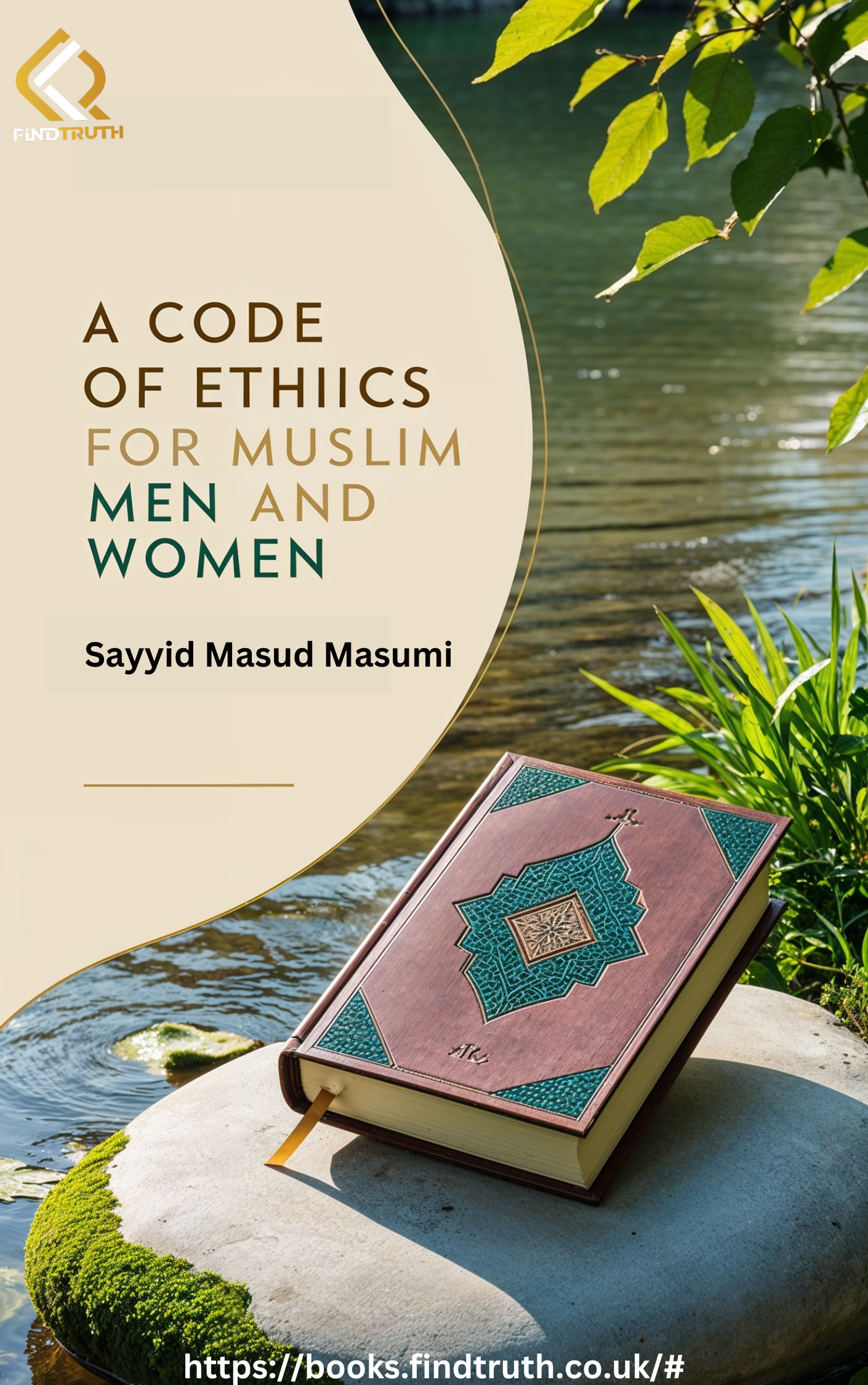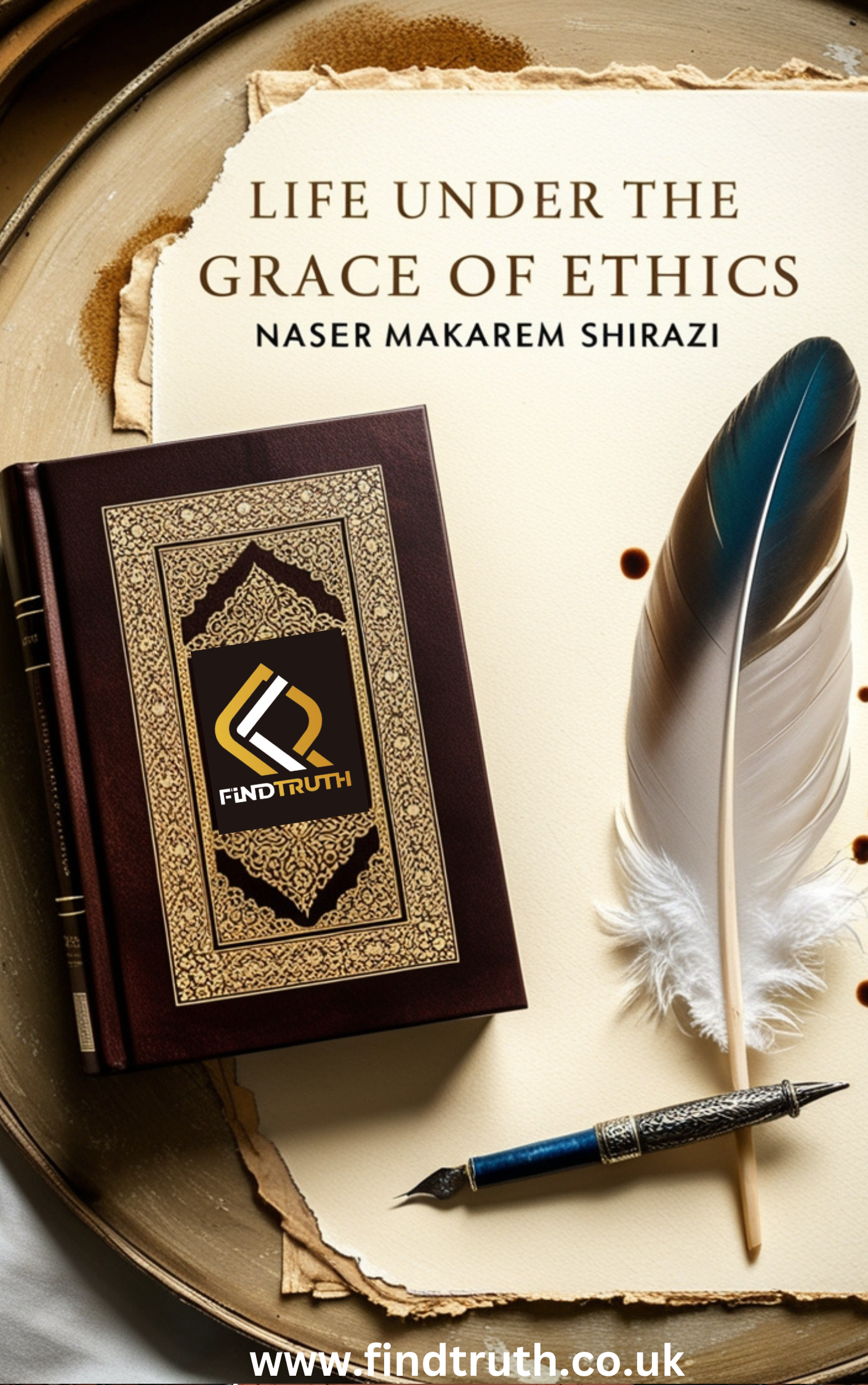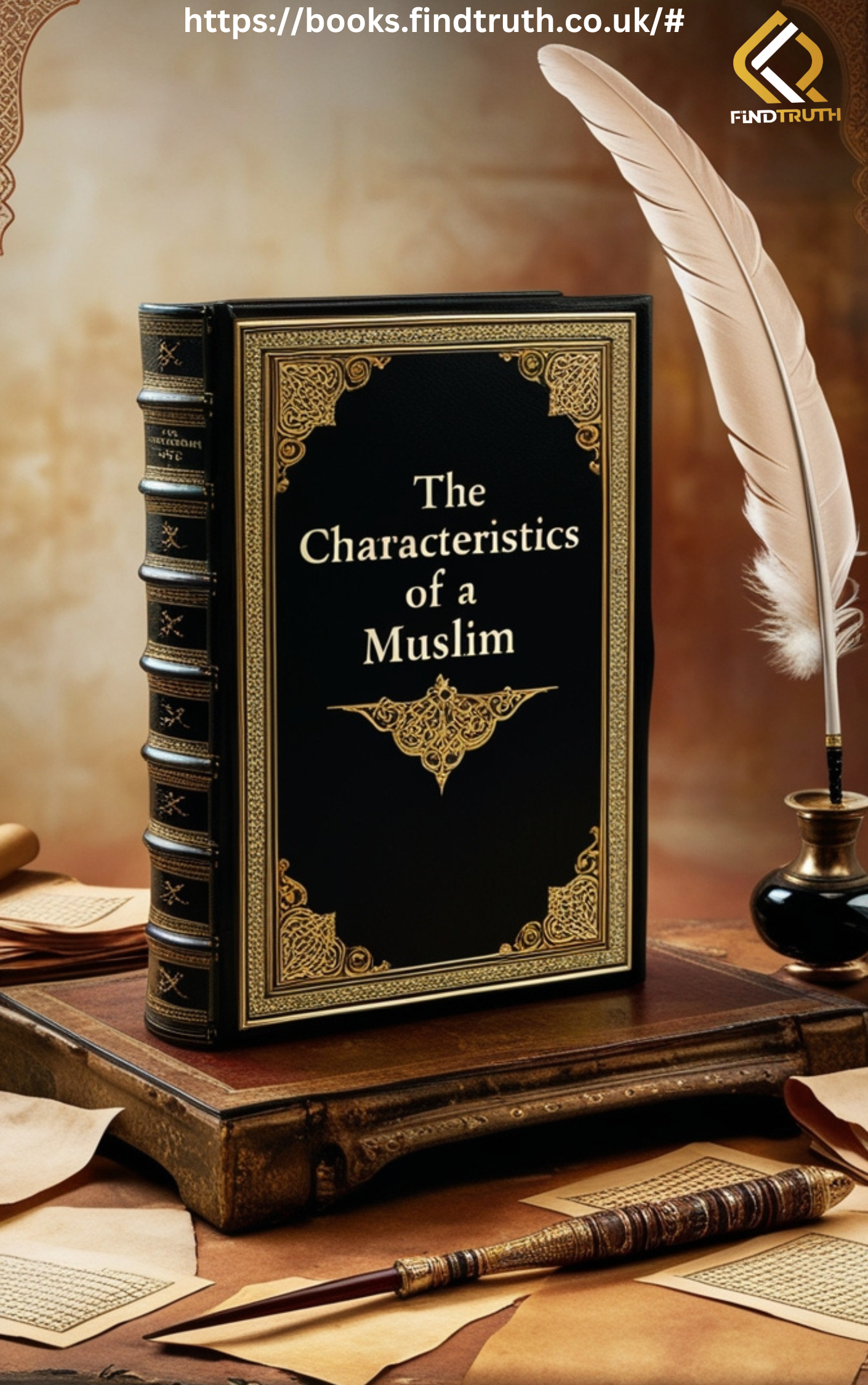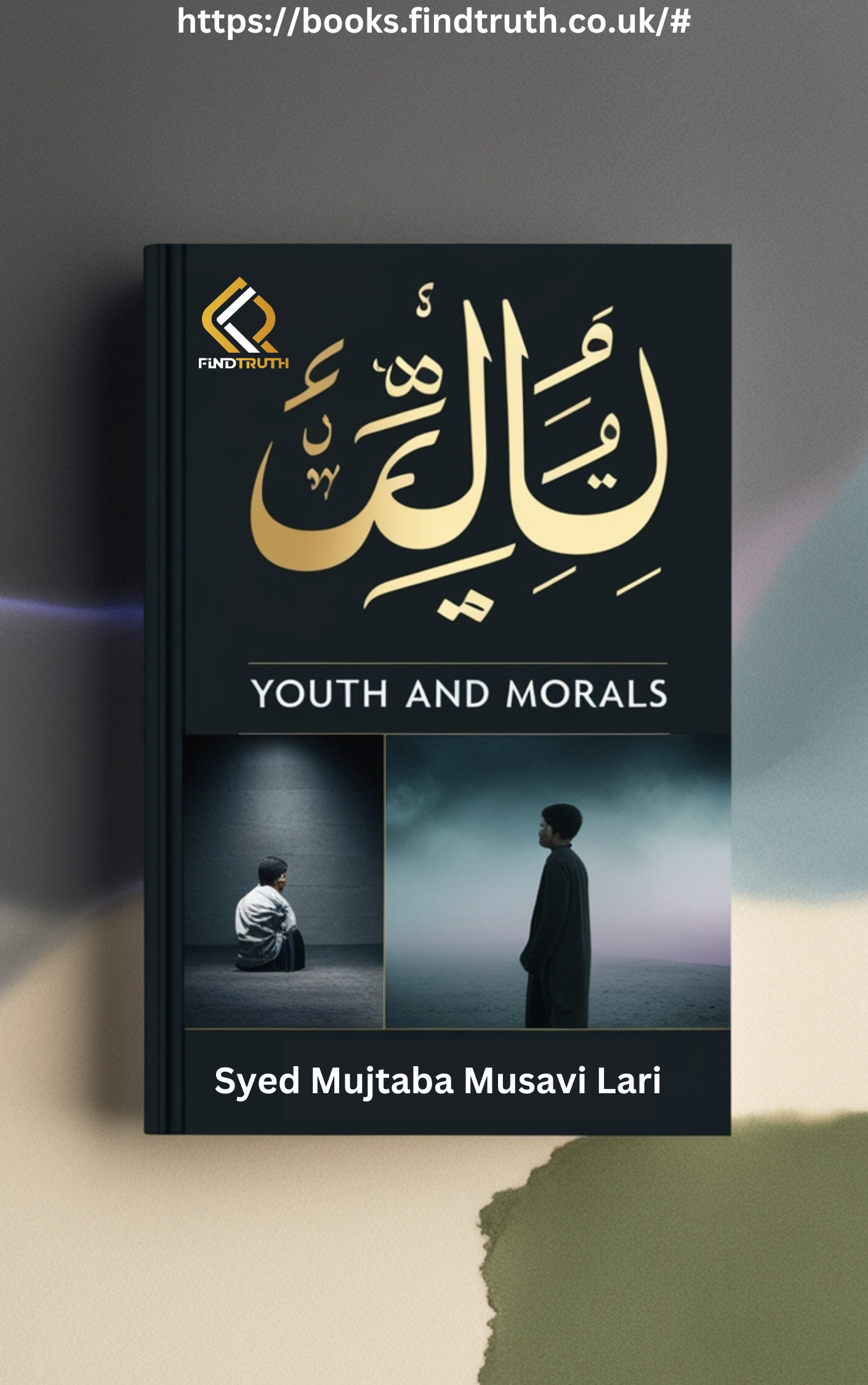
- Beliefs
-
Muslim Practices
- Salah (Daily Prayers)
- Sawm (Fasting)
- Hajj (Pilgramage to Makkah)
- Zakah (Charity Giving)
- Khums (Giving One-Fifth of Annual Saving)
- Jihad (Striving in the Way of God)
- Amr bil Ma'ruf (Encouraging Good)
- Nahy 'an al-Munkar (Stopping Evil)
- Tawalla (Loving the Prophet & His Family)
- Tabarra (Disassociating from the Enemies of the Prophet and His Family)
- Islamic Education
-
Akhlaq - (Ethics)
-
Quran & Sciences
-
Islamic History
-
Socio-Cultural
- Islamic Holy Places
-
Supplications
- Home
- Feature Selections ★
- Beliefs 🛐
-
Muslim Practices ☪️
- Salah (Daily Prayers)
- Sawm (Fasting)
- Hajj (Pilgramage to Makkah)
- Zakah (Charity Giving)
- Khums (Giving One-Fifth of Annual Saving)
- Jihad (Striving in the Way of God)
- Amr bil Ma'ruf (Encouraging Good)
- Nahy 'an al-Munkar (Stopping Evil)
- Tawalla (Loving the Prophet & His Family)
- Tabarra (Disassociating from the Enemies of the Prophet and His Family)
- Islamic Education
-
Akhlaq - Ethics 🔑
- Quran and Sciences 📖
-
Islamic History
- Socio-Cultural
- Islamic Holy Places
- eBooks
- A Code Of Ethics For Muslim Men And Women
A Code Of Ethics For Muslim Men And Women
A Code of Ethics for Muslim Men and Women is a comprehensive guide to the ethical and moral principles that govern the life of a Muslim in various aspects. This book outlines the duties and responsibilities of both men and women within the framework of Islamic teachings, addressing key values such as loyalty, truthfulness, modesty, and trustworthiness. It provides detailed guidelines on how these principles should be applied in everyday life, both at home and within the community. With a focus on Islamic family values, the book elaborates on the rights and responsibilities of husbands, wives, and children, as well as the significance of maintaining moral conduct in public and private spheres. It also highlights the importance of following ethical principles to foster a harmonious and just society, making it a valuable resource for anyone seeking to live according to Islamic ethics.










